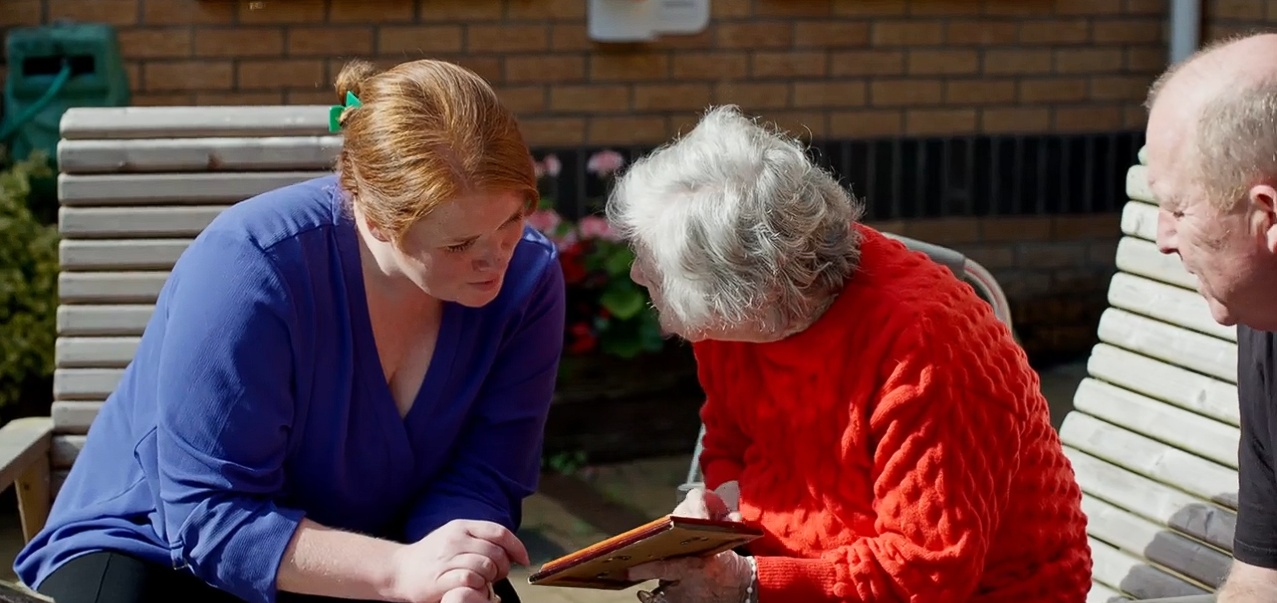
-
Source
An engaged approach to exploring issues around poverty and mental health: A reflective evaluation of the research process from researchers and community partners involved in the DeStress study
Background: Involving patients, service users, carers and members of the public in research has been part of health policy and practice in the UK for the last 15 years. However, low-income communities tend to remain marginalized from the co-design and delivery of mental health research, perpetuating the potential for health inequalities. Greater understanding is therefore needed on how to meaningfully engage low-income communities in mental health research.
Objectives: To explore and articulate whether and how an engaged research approach facilitated knowledge coproduction relating to poverty and mental distress.
Setting: A reflective evaluation of community and researcher engagement in the DeStress study that took place in two low-income areas of South-west England.
Design: Reflective evaluation by the authors through on-going feedback, a focus group and first-person writing and discussion on experiences of working with the DeStress project, and how knowledge coproduction was influenced by an engaged research approach.
Results: An engaged research approach influenced the process and delivery of the DeStress project, creating a space where community partners felt empowered to coproduce knowledge relating to poverty-related mental distress, treatment and the training of health professionals that would otherwise have been missed. We examine motivations for involvement, factors sustaining engagement, how coproduction influenced research analysis, findings and dissemination of outputs, and what involvement meant for different stakeholders.
Conclusion: Engaged research supported the coproduction of knowledge in mental health research with low-income communities which led to multiple impacts.




